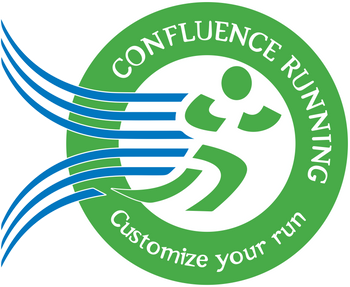Long Sleeved vs Short Sleeved Wetsuits: Which One Is Right for You?
Title: Long Sleeved vs Short Sleeved Wetsuits: Which One Is Right for You?
When it comes to choosing the perfect wetsuit for your aquatic adventures, one of the primary decisions you'll face is whether to go for a long-sleeved or short-sleeved option. Each type comes with its own set of advantages and considerations, making the decision a crucial one for swimmers, surfers, and triathletes alike. Let's dive into the comparisons between long-sleeved and short-sleeved wetsuits to help you make an informed choice.
Long-Sleeved Wetsuits: Unmatched Warmth and Performance
Long-sleeved wetsuits offer a range of benefits that make them a popular choice among water sports enthusiasts:
-
Superior Warmth: With full coverage extending to the wrists, long-sleeved wetsuits provide excellent insulation, retaining body heat even in chilly waters. This additional warmth can be crucial, especially during colder seasons or in regions with frigid ocean temperatures.
-
Enhanced Buoyancy: The neoprene sleeves contribute to increased buoyancy, aiding in flotation and maintaining proper body positioning in the water. This extra lift can be particularly beneficial for swimmers looking to improve their speed and efficiency.
-
Improved Hydrodynamics: Long-sleeved designs offer a streamlined profile, reducing drag and resistance as you move through the water. This sleekness translates to enhanced speed and performance, making long-sleeved wetsuits a favorite among competitive athletes.
-
Protection: Long sleeves provide added protection against the elements, shielding your arms from potential hazards such as jellyfish stings, sea lice, or abrasive surfaces. This protective barrier ensures a more comfortable and secure swimming experience, especially in challenging aquatic environments.
Short-Sleeved Wetsuits: Flexibility and Breathability
While long-sleeved wetsuits excel in certain areas, short-sleeved options have their own advantages:
-
Flexibility and Mobility: Short-sleeved wetsuits offer greater freedom of movement, particularly around the shoulders and upper body. This flexibility is ideal for athletes who prioritize agility and unrestricted motion during their water activities.
-
Cooling Effect: In warmer conditions, short sleeves allow for better heat dissipation, preventing overheating and discomfort during prolonged swims. The exposed arms promote airflow and ventilation, helping regulate body temperature in hot climates or during intense workouts.
-
Customized Fit: For individuals with larger upper bodies or muscular shoulders, short-sleeved wetsuits may provide a more accommodating fit compared to their long-sleeved counterparts. This tailored sizing ensures optimal comfort and performance, especially for athletes with specific body proportions.
Making the Right Choice: Considerations and Recommendations
When deciding between long-sleeved and short-sleeved wetsuits, consider the following factors:
-
Environmental Conditions: Assess the typical water temperatures and weather conditions of your intended swimming or surfing locations. Opt for a long-sleeved wetsuit for colder waters, while short sleeves are suitable for warmer environments.
-
Body Shape and Preference: Take into account your body type, mobility needs, and personal comfort preferences. Choose the wetsuit style that offers the best balance of fit, flexibility, and insulation for your individual requirements.
-
Budget and Performance: Evaluate your budget constraints and performance goals when selecting a wetsuit. While long-sleeved options may offer advanced features for competitive athletes, short-sleeved suits provide a cost-effective solution for casual swimmers or recreational enthusiasts.
In conclusion, the choice between long-sleeved and short-sleeved wetsuits ultimately depends on your specific needs, preferences, and intended usage. Whether you prioritize warmth, mobility, or versatility, there's a wetsuit style that's perfect for you. By carefully considering the pros and cons of each option, you can make an informed decision and enjoy optimal comfort and performance in the water.

